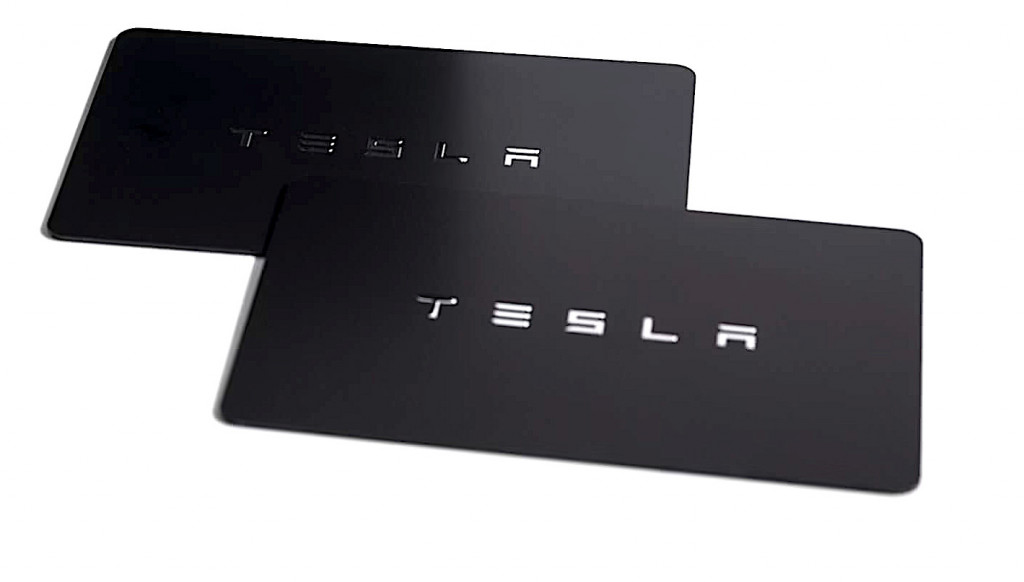Some Tesla owners on Friday night encountered a dilemma: The Tesla app—or network—was down, leaving them unable to connect to their vehicle and, well, get into it and drive.
The outage, which rendered Tesla’s Phone Key feature useless to some, was not due to a hardware issue with the vehicles themselves.
The idea of going keyless or fobless isn’t exactly new to Tesla drivers at this point. It made its debut on the 2017 Tesla Model 3, and it’s since been added to the Model Y and refreshed Model S as they’ve arrived. And owners do have other options for getting into their cars: keycards or keyfobs.
Tesla key card
That said, having a backup plan when the easier technology stumbles is something that even early adopters are still getting used to. We might be used to the idea of Apple Pay, for instance, but we still carry around credit cards—and perhaps cash—to make sure that we can do all the errands.
Should be coming back online now. Looks like we may have accidentally increased verbosity of network traffic.
Apologies, we will take measures to ensure this doesn’t happen again.
— Elon Musk (@elonmusk) November 20, 2021
After some of the latest EV reveals this past week at the LA auto show—many of which featured similar tech—it’s safe to predict that five years, in another product-cycle of vehicle refreshes, keyfobs will be starting to feel just as old-fashioned to mass-market shoppers as they are now to Tesla owners.
Tesla’s Phone Key relies on Bluetooth, according to the company, while its key cards use RFID signals and serve as owner-level access to add or remove phone keys or key fobs.
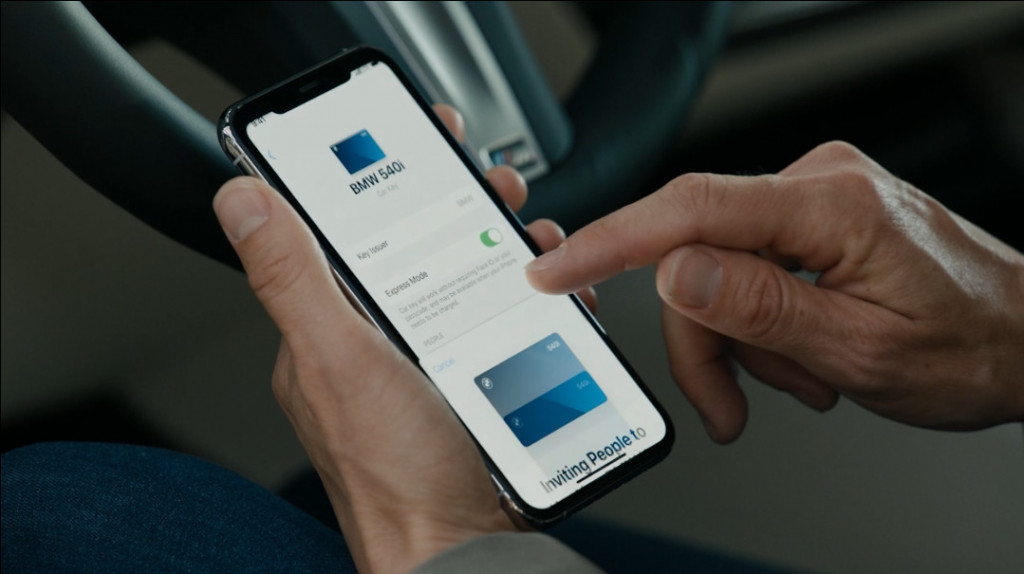
Apple CarKey
Apple revealed what might be a more reliable technology in June 2020: phone-based car keys that are incorporated into the operating system, rather than an app, that will work over NFC, requiring no separate app or network connection for them to work even when the network is down or an app is buggy—although an automaker app will likely be part of setting them in the first place. BMW was listed as among the first automakers to support it.
That tech, which rolled out with the current iOS 14 for the iPhone or Apple Watch, will reportedly allow sharing of a virtual car key via Apple’s Messages app, even with some features restricted. With Android devices, Google has a similar technology, using Ultra Wideband, although it will initially only be offered on a few phones.
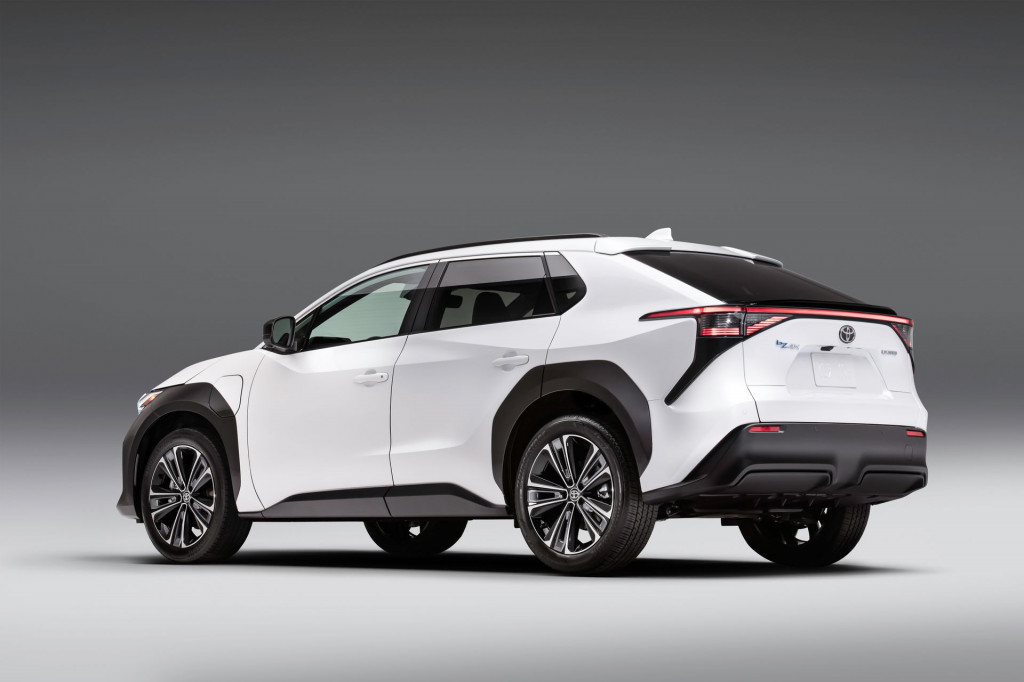
2023 Toyota bZ4X
That sounds closer to what was described for several of the big product debuts this past week. The Subaru Solterra will offer a smartphone-based digital key, and for the closely related bZ4X EV, Toyota notes that the tech allows keys to be passed to friends and family.
Those aren’t the first, though. BMW, Hyundai, and Lincoln announced digital key systems last year, and this year Audi and Genesis are among the brands launching such tech. There’s also a keyless feature offered on the Ford Mustang Mach-E, which some owners have reported as not as consistent in responding as you might expect from a key. Ford has a clever workaround, though—a numerical door-entry keypad that, with Phone As A Key, is used as a backup for entry and starting the vehicle.
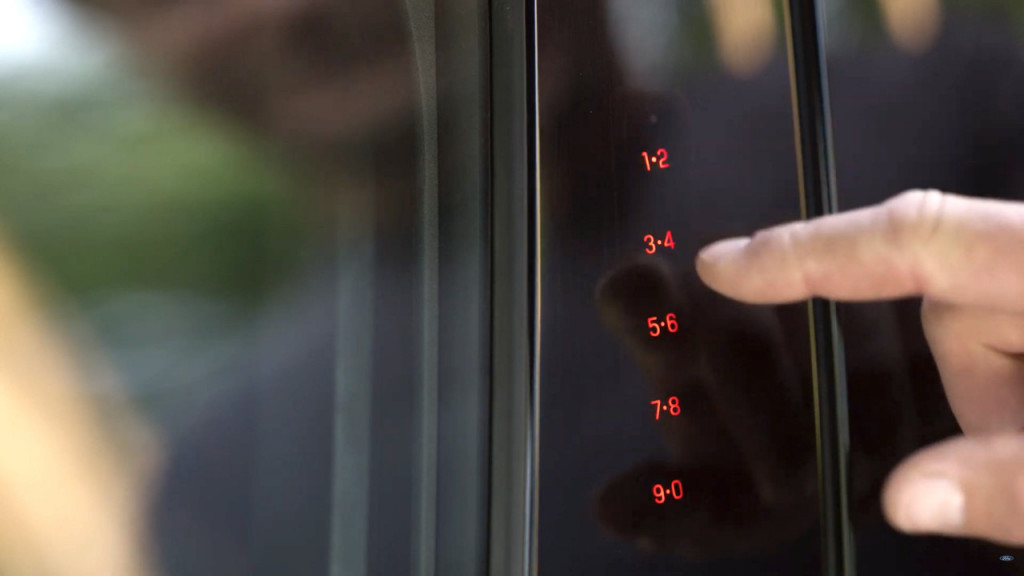
Ford Mustang Mach-E keypad entry
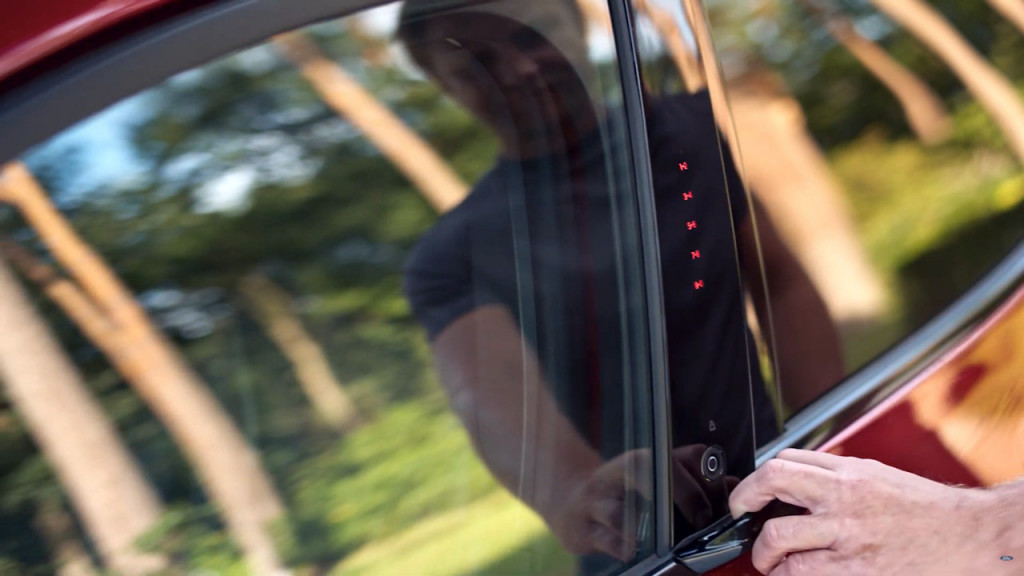
Ford Mustang Mach-E keypad entry
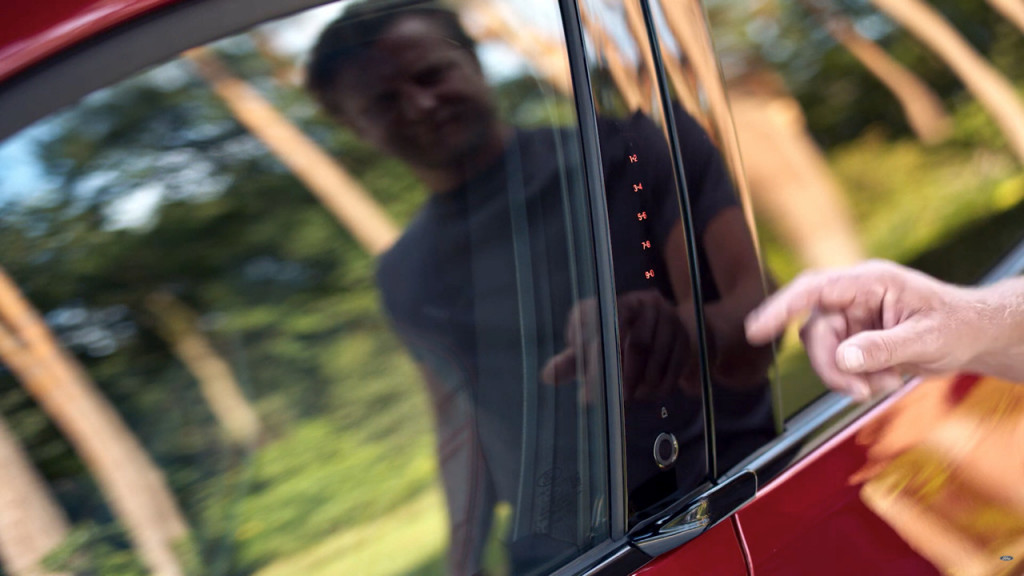
Ford Mustang Mach-E keypad entry
For better or worse, automakers are insisting on loading much of this new technology on their EVs first—a factor that as Consumer Reports hinted this past week, might be having an effect on EVs’ real and perceived reliability, and their poor showing on new reliability rankings.
Tesla hasn’t issued a response on a reason for the outage, other than the likely tongue-in-cheek response about network traffic from CEO Elon Musk. Green Car Reports submitted a request for a technical explanation because, if last week’s reveals are any indication, this is indeed the future.
